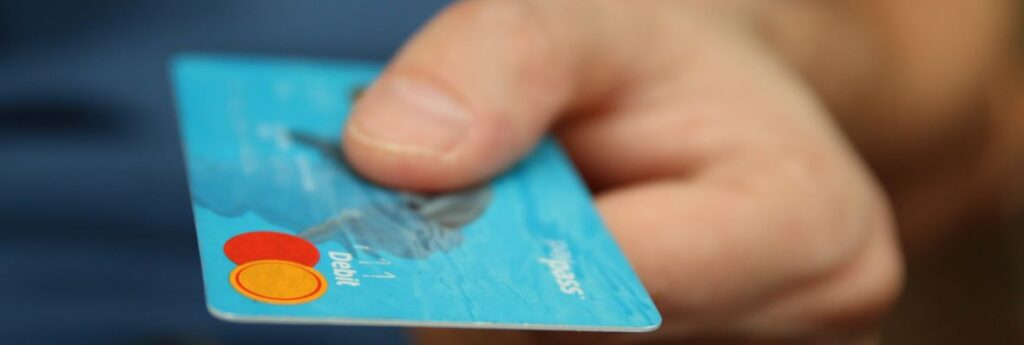Officials on Maui are moving quickly to implement a new tax on tourists after state lawmakers overrode a veto by Hawaii Gov. David Ige of a bill that overhauls how the state funds the Hawaii Tourism Authority and allocates tourism tax revenue to the counties.
The new law allows Hawaii’s counties to collect a 3% tax from visitors staying at hotels and other short-term rentals. Before the new law, the state collected a 10% hotel tax and distributed a share to each county. Now, the counties can levy their own surcharge to the tax and keep the money for local needs.
The bill would stop funding the tourism agency with money raised by the transient accommodations tax. Instead, lawmakers intend to pay for the agency with money from the general fund, though for the current fiscal year they appropriated federal coronavirus relief funds.
“This will help tremendously,” said Maui County Council Chair Alice Lee, who added that the new arrangement will bring Maui nearly triple the revenue. “Instead of US$23 million, we’ll probably receive in the neighborhood of $50 to $70 million,” she said.
Maui has seen a sharp increase in tourism since pandemic restrictions have eased.
State Rep. Sylvia Luke, the House Finance Chair, said under the old system, Oahu got the bulk of the money because it is the most populous island in the state. Now counties will receive money based on how many visitors they get.
Luke said Maui could benefit the most. “The island is just overrun with tourists. And you look at the population of Maui, compared to Oahu, there’s a lot more tourists per capita.”
California visitor Diana Asenas thinks the law is unfair.
“They’re definitely taking advantage of us,” she said. “But at the same time, if we want a vacation, we have to suck it up too. But it’s not right. It’s definitely not right.”

